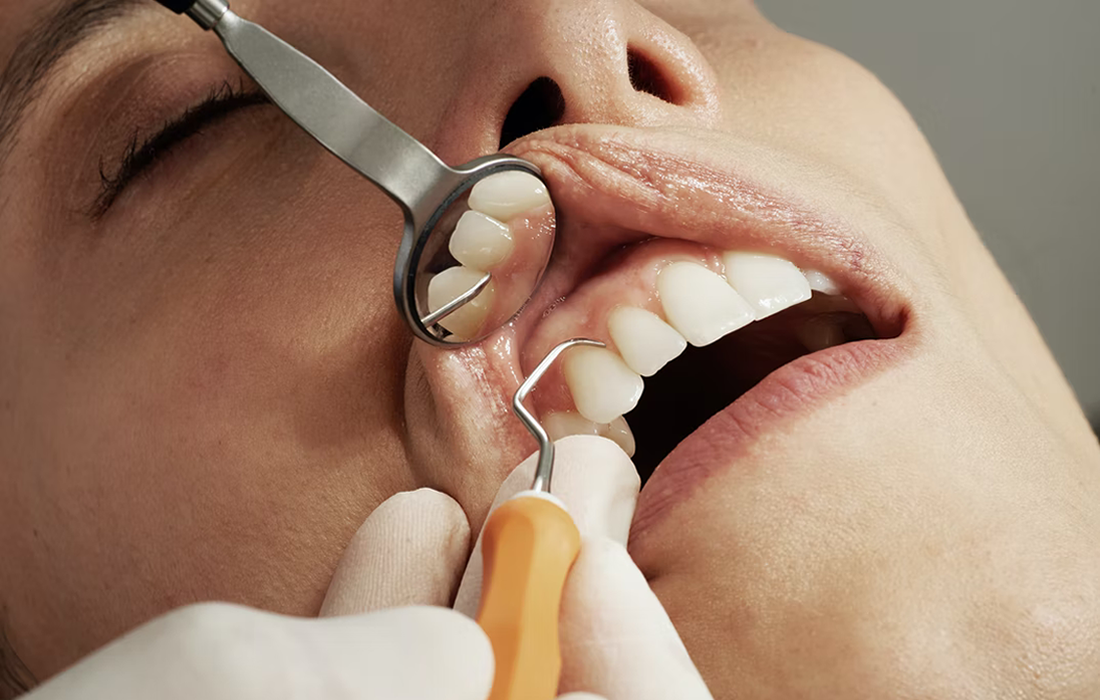Regenerative Medicine News and General Information
One Inflammation Disorder can Exacerbate Another
In a new study, researchers from the School of Dental Medicine in collaboration with an international team that included colleagues at the Technical University of Dresden found a mechanism by which innate immune memory can cause one type of inflammation condition to increase susceptibility to another.
For the study, the team used gum disease as an example and found that it can increase susceptibility to arthritis through alterations in immune cell precursors in the bone marrow. They used a mice model and demonstrated that recipients of a bone marrow transplant were predisposed to more severe arthritis if their donor had inflammatory gum disease.
The team found in previous studies that the innate immune system’s myeloid cells, such as neutrophils and macrophages have an immunologic memory of past encounters and could become more responsive when exposed to a new threat, tracing back this memory to the bone marrow, and showing that this memory could be transfer to another organism through a bone marrow transplant.
For the current study, the team of researchers showed that within a week of inducing a mouse to have periodontal disease, the animal’s myeloid cells and their progenitor cells expanded in the bone marrow, and when intentionally resolving the periodontitis they noticed changes in the cells behaivior.
The team used mice with severe gum disease as donors and then transplanted their stem cells to mice that never had gum disease. Months later those mice were exposed to collagen antibodies and developed arthritis that was more severe compared to mice exposed to collagen antibodies in the control group.
The results of the study can have major implications for bone marrow transplants in humans.
Source:
University of Pennsylvania. “How one inflammatory disorder exacerbates another.” ScienceDaily. ScienceDaily, 27 April 2022.
<www.sciencedaily.com/releases/2022/04/220427115816.htm>.
Image from:
Photo by Caroline LM on Unsplash

